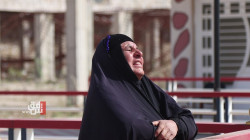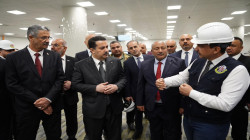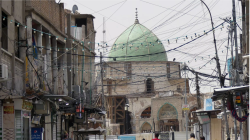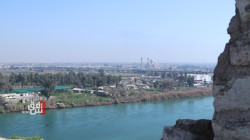Iraq’s airport expansion: New fleets and infrastructure to boost economy
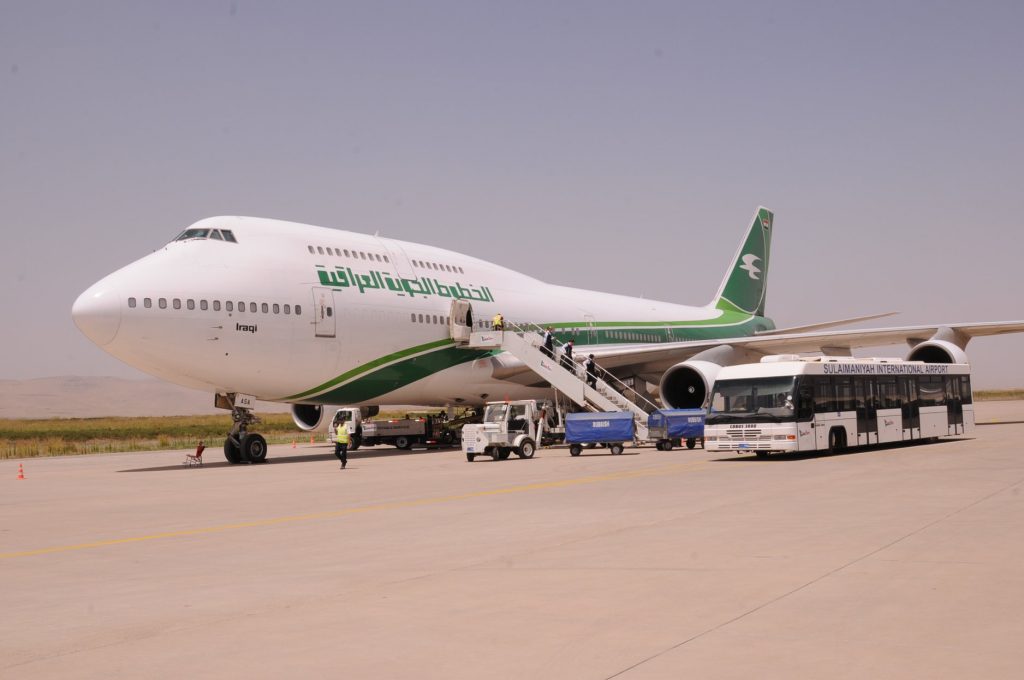
Shafaq News/ Iraq is set to transform its aviation landscape with the launch of several new airports and a revitalized air fleet. With three major airports expected to open by 2025 and a fleet expansion plan that will add modern aircraft by 2027, the country aims to strengthen its economic ties, enhance international connectivity, and support regional growth through improved air transport infrastructure.
New Airports in Iraq
Iraq’s Ministry of Transport spokesperson, Maytham Al-Saifi, stated that the government has developed a strategy for managing the transport sector, with a focus on the Development Road project, which will pass through 11 provinces. Al-Saifi added that a series of airports will be linked to the project, including functioning airports like those in Basra, Baghdad, and Najaf.
In an interview with Shafaq News, Al-Saifi highlighted the addition of several new airports, which will serve both the project and travelers. “One of the key developments is the Al-Nasiriyah airport, which had faced delays but has now reached approximately 71% completion. The airport is awaiting specialized air navigation equipment and aviation sector devices.”
As for Mosul International Airport, Al-Saifi reported it is 86% complete, with only a few aviation-specific devices pending. He confirmed that “Al-Nasiriyah, Mosul, and Karbala airports will open in 2025, adding three new operational airports to the existing ones in Baghdad, Najaf, and Basra.”
Regarding the strategic importance of the new airports, Al-Saifi explained, “Al-Nasiriyah has been isolated from global connections, both by land and air, but the new airport will directly link it to the world…The airport’s central location between southern and central provinces will enhance air cargo and other aviation services.”
Al-Saifi also reassured that the new airports will meet international standards and feature advanced technology in line with global aviation trends.
Importance of New Airports
The importance of airports is viewed as a key symbol of a country’s modernization, and the decision to establish new airports is influenced by several factors, including economic and social considerations, according to aviation expert Fares Al-Juwari.
Al-Juwari explained to Shafaq News that “the economic factor emphasizes the significance of cities with economic potential or tourist appeal, while the social aspect focuses on the convenience of travelers, especially as cities expand and populations grow, creating the need for new airports.”
Relating these factors to Iraq’s current situation, Al-Juwari noted that the country is experiencing population growth, which will drive the demand for airports in the provinces.
Economically, he pointed to noticeable improvements in many Iraqi cities due to the changing financial situation of the population, “making the conditions ripe for the development of new airports.”
In turn, economic expert Mustafa Farraj told Shafaq News that the construction and operation of airports “will create both direct and indirect job opportunities in various sectors, such as construction, logistics, and trade. The new airports will also boost tourism by facilitating easier access to different regions of Iraq, contributing to the growth of the tourism sector and increasing revenues.”
Additionally, airports will offer faster and more efficient transport for time-sensitive goods, such as medicines and perishable products.
Farraj concluded that investing in airports and the infrastructure supporting them is a strategic step toward advancing Iraq’s economy and society, improving the quality of life for citizens, and enhancing Iraq’s role on the international stage.
Iraq's Air Fleet
Iraq’s national carrier, Iraqi Airways, currently operates a fleet of approximately 39 aircraft. Ministry of Transport spokesperson Maytham Al-Saifi reported that 24 planes were previously out of service, but 13 have been restored.
“By the end of this year, two additional aircraft will be returned to service, bringing the total number of restored planes to 15. Five more planes are expected to return to service next year, though four aircraft were deemed economically unviable and have been permanently decommissioned.”
In terms of new acquisitions, Al-Saifi confirmed that Iraq has received 13 aircraft from Airbus, including five units, as well as two Dreamliner planes and six Max jets from Boeing.
“By 2027, Iraq’s air fleet will expand further with the delivery of a total of 31 new, modern aircraft, enhancing the national carrier’s capacity.”
